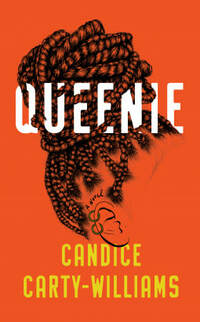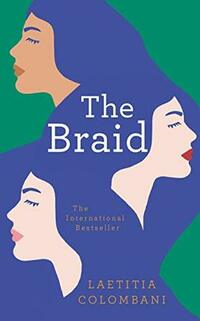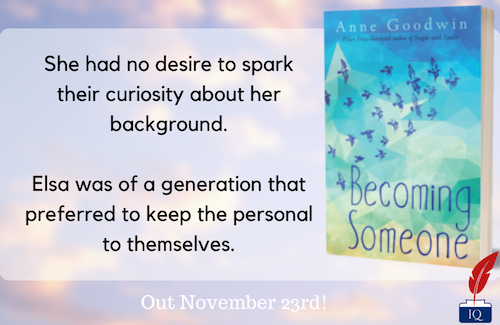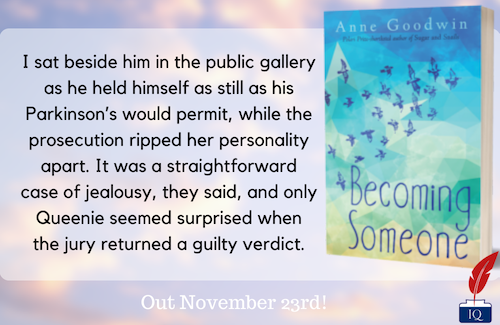Queenie by Candice Carty-Williams
I’m too old for jokey novels about ditzy young women with non-jobs in the media but, from the mini review in the Guardian at the turn of the year, I thought Queenie would be right up my street:
One of the buzziest debuts of the year: a witty comic novel about a young black journalist negotiating love, work and identity in contemporary Britain.
Friends, I was disappointed! The protagonist’s road to self-destruction is more disturbing than amusing and the prose – albeit my copy courtesy of publishers Trapeze was an uncorrected proof – reads like an early draft. Although there were nods to Black Lives Matter, the analysis, like Queenie’s work, was rather shallow. Yes, the objectification and fetishization of a black woman on a dating app is painful to read, and the lack of diversity in trendy jobs is a well-known scandal, but a white man (of presumably my generation) jokingly using the n-word in the presence of his nephew’s black girlfriend tells us nothing about the more subtle forms of everyday racism of which white people may be unaware.
I felt opportunities were also missed in the psychological formulation of Queenie’s self-hatred. Naturally, I was alert to the foreshadowing of mother issues when Queenie sees other relatives, but her father’s abuse and mother’s neglect comes across as box-ticking.
Queenie is referred by the sexual health clinic to a counsellor/therapist. Although Janet has the typical fictional therapist boundary issues (a written promise that she can help her; facilitating emergency phone contact; moving the location of the therapy from the NHS hospital to her own home – admittedly to a space in which she ordinarily sees patients – enabling her to put Queenie to bed when she has a panic attack; divulging personal information), she is helpful. Hurrah! I also welcomed how cross-cultural issues were flagged in Queenie’s Jamaican grandmother’s staunch opposition to the therapy as an admission of weakness. In real life, if the therapy were long enough and the therapist sufficiently skilled, Queenie’s pairing with a white therapist would have given her opportunities to explore her complex attitude to race (for example, in her preference for white partners) through the transference.
The Braid by Laetitia Colombani translated by
Louise Rogers Lalaurie
It starts okay, although it’s a little disorientating to be introduced to another main character when you’ve barely got to know the first. I warmed to Smita, especially as she furnished me with another fictional toilet (p4-5):
Manual scavenging: a coy term that bears little relation to reality. There are other words to describe what Smita does for a living: she collects other people’s shit, removing it bare-handed from the dry latrines, using only a stiff reed brush and a metal scoop, all day long. She was six years old … when her mother took her along for the first time. Watch, then you will do the same. Smita remembers the smell that assaulted her, sharp and violent as a swarm of wasps, and unbearable, bestial stench. She had vomited on the side of the road. You’ll get used to it, her mother said. She had lied.
… And yet the government promised toilets, right across the country. They have not come here … people defecate in the open. The ground is filthy, everywhere: the streams and rivers, the fields, polluted with tons of excrement. Sickness spreads like wildfire. The politicians know it: what people want, before reforms or social equality, are toilets. The right to defecate with dignity. In the villages, many women are forced to wait until nightfall, to go out into the fields, exposing themselves to the risk of attack.
While I bristled at the preachy tone, I reminded myself that readers less familiar with India might appreciate the information. But the same telling rather than showing lingers into the emotional climax, which might be partly why I reacted so strongly against the overall message. Yes, we’re all interconnected; I’d prefer the author to acknowledge the exploitation not only within India worldwide.
Described as an international bestseller, I received my copy courtesy of British publishers, Picador. If it wasn’t so lauded I might have been more forgiving, but it upset me so much I’ve given it a rare single star.

























 RSS Feed
RSS Feed





















